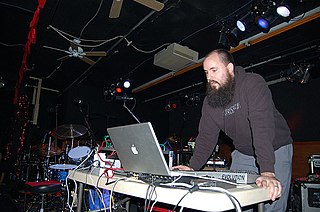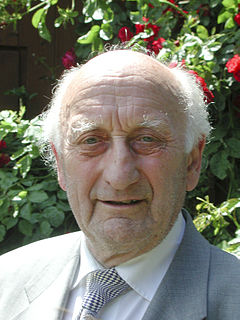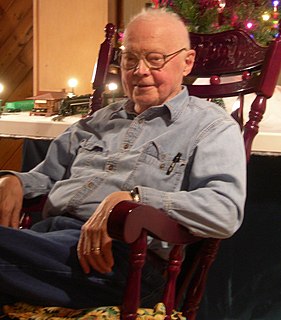A Quote by Tony Hoare
What is the central core of the subject [computer science]? What is it that distinguishes it from the separate subjects with which it is related? What is the linking thread which gathers these disparate branches into a single discipline. My answer to these questions is simple -it is the art of programming a computer. It is the art of designing efficient and elegant methods of getting a computer to solve problems, theoretical or practical, small or large, simple or complex. It is the art of translating this design into an effective and accurate computer program.
Quote Topics
Accurate
Answer
Art
Branches
Central
Complex
Computer
Computer Science
Core
Design
Designing
Discipline
Distinguishes
Effective
Efficient
Elegant
Getting
Large
Linking
Methods
Practical
Problems
Program
Programming
Questions
Related
Science
Separate
Simple
Single
Small
Solve
Subject
Subjects
Theoretical
Thread
Which
Related Quotes
One might say the computer is being used to program the child. In my vision, the child programs the computer, and in doing so, both acquires a sense of mastery over a piece of the most modern and powerful technology and establishes an intense contact with some of the deepest ideas from science, from mathematics, and from the art of intellectual model building.
The personal computer was a disruptive innovation relative to the mainframe because it enabled even a poor fool like me to have a computer and use it, and it was enabled by the development of the micro processor. The micro processor made it so simple to design and build a computer that IB could throw in together in a garage. And so, you have that simplifying technology as a part of every disruptive innovation. It then becomes an innovation when the technology is embedded in a different business model that can take the simplified solution to the market in a cost-effective way.





































